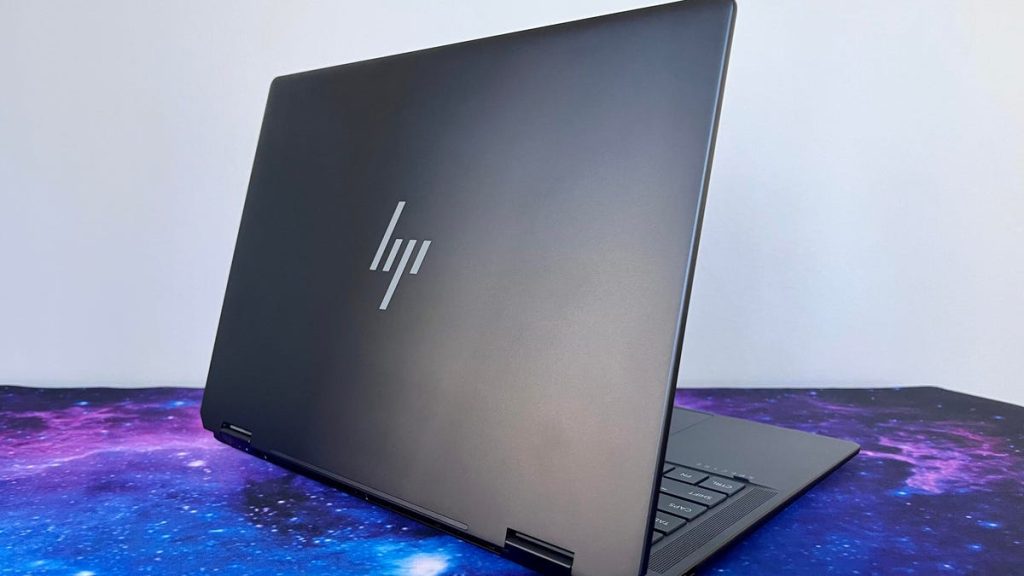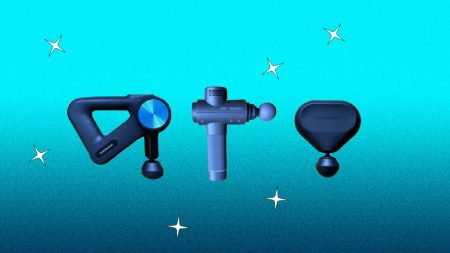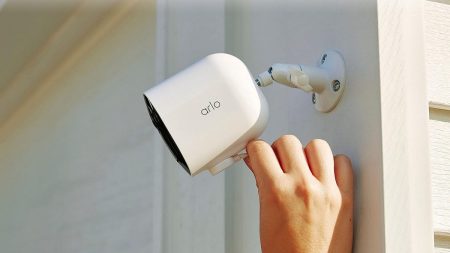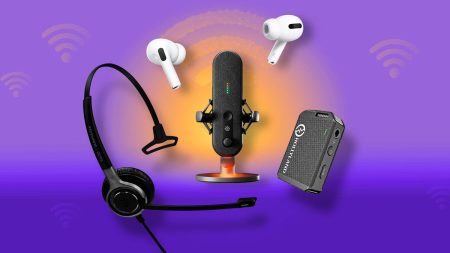HP offers a wide range of laptops with multiple configurations to suit various performance and budget needs. When shopping for a new HP laptop, there are several key considerations to keep in mind. Price is often the starting point for many users, and it’s important to remember that the more you spend, the better the laptop you will get. Investing a bit more upfront can lead to better components, faster performance, a higher-quality display, and other features that contribute to an overall better user experience. It’s advisable to get as much laptop as you can afford from the start, as manufacturers are moving away from making components easily upgradable.
In addition to price, the size of the laptop is an important factor to consider. If you’ll be carrying your laptop around frequently, a smaller and lighter model with a 13-inch or 14-inch screen may be more convenient. On the other hand, if portability is not a primary concern, a larger 15-inch, 16-inch, or 17-inch display may offer more screen real estate for work, play, and multitasking. When it comes to the display itself, factors like resolution, pixel density, and aspect ratio play a crucial role in determining the visual quality and usability of the laptop.
The processor, also known as the CPU, is the brain of the laptop and influences its overall performance. Both Intel and AMD offer a variety of processors designed for different laptop styles and functions, such as power-saving chips for ultraportables or faster processors for gaming laptops. The choice of processor can significantly impact the speed and efficiency of the laptop, so it’s essential to select one that aligns with your usage requirements. Graphics processing, handled by the GPU, is also a key aspect to consider, especially for tasks like gaming, video editing, and design applications.
Memory and storage are critical components that affect the overall performance and responsiveness of the laptop. It’s recommended to have at least 16GB of RAM for optimal performance, with 8GB being the minimum acceptable level for most users. Additionally, solid-state drives (SSDs) have largely replaced traditional hard drives in laptops due to their improved speed and reliability. While SSDs can enhance performance, not all drives are equally fast, with cheaper laptops typically featuring slower drives. It’s important to consider storage capacity and speed based on your usage habits and storage needs.
In summary, when shopping for an HP laptop, it’s essential to consider factors like price, size, display quality, processor performance, graphics capability, memory, and storage to ensure that you choose a model that meets your specific requirements. Investing in a higher-quality laptop upfront can often lead to a better overall experience and longevity of use. By evaluating these key factors and determining your priorities in terms of performance, portability, and functionality, you can select the best HP laptop for your needs and budget. Be sure to take advantage of discounts and promotions to get more value for your money when purchasing an HP laptop.















